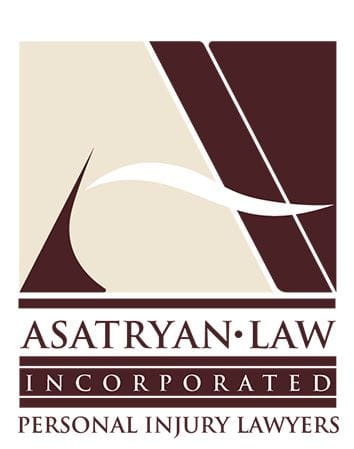An incorrect diagnosis can be terrifically detrimental to your health. It could mean that you don't get treatment soon enough or that you get improper treatment. When meeting with your doctor, there are a few things you can do to help.
-- Be a participant.
When the doctor is examining you, don't just sit and watch. Ask questions. Talk to the doctor. Find out what he or she is trying to learn with each test. This helps the doctor be more engaged and can lead to better results.
-- Inquire about the doctor's initial suspicions.
As soon as the doctor hears about your symptoms and reads your medical history, he or she will start mulling over a possible diagnosis. Ask what it is. Find out what your doctor thinks and how things are progressing. This shows that you're involved and ensures that you're both on the same page.
-- Make sure you tell the doctor everything.
This can be hard. The doctor may just want to know what your "chief complaint" is and ignore everything else. For example, you may have a headache that won't go away. It's important to tell the doctor everything else, though, to really make sure all the facts are on the table. For instance, tell the doctor when it started, if any event kicked it off, if you've felt dizzy or nauseated and more. The more the doctor knows, the better the odds the diagnosis will be right.
Even when you do all you can, the doctor still may make a mistake or ignore information, leading to the wrong diagnosis. If this happens, it could be time to look into your legal options.
Source: When Doctors Don't Listen, "The 8 Pillars to Better Diagnosis," Leana Wen, accessed Feb. 03, 2017



Comments Loading...
Leave a comment